
Diana Weber
Lawyer of international law
Rating:
15
February
Immigration to Bulgaria for Permanent Residence
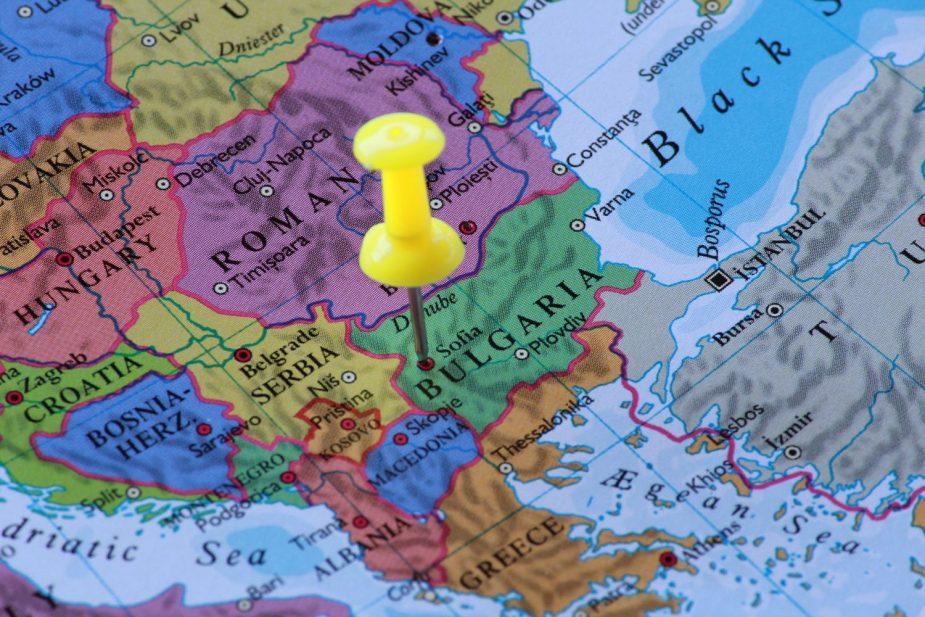
Permanent residence in Bulgaria is a status that grants the right to permanent residence, which can be obtained after 5 years of legal stay in the country based on a temporary residence permit. The norms for granting this document are regulated by local law “On Foreigners”. Certain categories of persons have the right to apply for permanent residence in the Republic of Bulgaria without prior stay on its territory, for example, applicants who have an ethnic connection with the population of the country, spouses of citizens of the state, and investors. After 5 years of receiving a permanent resident card, an immigrant can become a naturalized citizen.
In total, with the observance of the five-year census of sedentary life and the passage of bureaucratic procedures for registration and extension of residence permits, a foreigner takes about 7 years from the moment of emigration from his native state to arrange Bulgarian permanent residence. Many residents legalize their residence in the republic in a simpler, faster, and more affordable way - through the process of repatriation with the subsequent acquisition of a European Union passport within 8 months. You can learn more about the simplified immigration process during a free consultation with immigration specialists at Immigrantinlaw.
Submit an application form and we'll get back to you!
In 2026 moving to Bulgaria for permanent residence is attractive for the following reasons:
The disadvantage of living in Bulgaria are low wages (on average 760 EUR per month), roads of low quality in suburban regions, and lengthy naturalization. The republic is worth moving to for people who have remote or passive income, as well as businessmen who are attracted by low taxes, for example, 10% income and corporate contributions.
Permanent residence in Bulgaria gives an immigrant the opportunity to stay in the country indefinitely without additional bureaucratic procedures. A foreigner gets access to the labor market, education, can do business and count on state support, educate children, visit hospitals on equal terms with the indigenous population. However, permanent residence does not equate the applicant in rights to a Bulgarian citizen – he/she does not have free movement to other EU countries, participation in elections, and employment in public positions. Many immigrants prefer to move to live in Bulgaria with a local passport, issued on the basis of ethnic affiliation.
Immigrantinlaw lawyers assist foreigners in selecting the best immigration program for Bulgaria and obtaining their desired status in the shortest possible time. Professional support makes the process of moving to Bulgaria and obtaining residency or citizenship easier. Details are available through a free consultation.
In most cases, to move to Bulgaria for permanent residence, foreigners first request a temporary resident card of the republic on one of the following grounds:
Having lived in the country for the number of years established by law, an immigrant has the right to apply for permanent residence. Persons who have confirmed their Bulgarian origin have the right to arrange permanent residence immediately upon arrival in the republic with a national visa. The most popular grounds for immigration to Bulgaria are considered further.
Popular way to move to Bulgaria is to open a temporary residence permit for educational purposes. The document is provided to persons who are enrolled in a local university and prove it with documents. Since foreigners have access only to paid education in the republic (except for scholarship and grant programs), the applicant undertakes to pay for the annual course before applying for a residence permit. Persons under the age of eighteen also require parental permission for immigration.
Submit an application form and we'll get back to you!
The Bulgarian resident card is opened to applicants from among entrepreneurs who decide to leave their home country and set up a new company in the republic or become co-owners of an existing organization. The relevant institution must provide jobs for citizens of the state - at least ten, full-time. The business must already be registered at the time the foreigner applies for a residence permit. The applicant can choose a suitable field of employment for a commercial enterprise, as well as the starting capital.
Bulgaria is one of the most attractive countries for applicants who have decided to immigrate through financial investment in the European economy. The minimum amount of investment required to obtain the status of a temporary resident is about 128 thousand EUR, which must be invested in lagging areas of the state. With an increase in the amount to 306 thousand EUR, a foreigner cannot be tied to a region and buy shares of a liked company or real estate objects. Contributions from 512,000 EUR allow the immigrant to immediately receive a permanent place of residence.
Residents of Bulgaria can invite their closest relatives and arrange a temporary residence permit for them. Family members include children under 18 who are not married, spouses or other dependents. Spouses and relatives of citizens of the republic up to the first generation can claim the status of permanent residents without prior opening of a residence permit. The host party must be financially secure to cover the expenses of the invited persons on the territory of the country.
Bulgaria accepts for living secured foreign pensioners and provides them with the status of temporary residents upon request. The applicant for relocation needs to have a permanent income in the form of state grants equal to or exceeding their minimum level in the republic - about 296 EUR in 2025. This type of residence is immigration, which means that the interested person can subsequently claim permanent residence and citizenship.
Immigrantinlaw specialists help foreigners quickly obtain Bulgarian residency or citizenship by selecting suitable immigration programs. With professional assistance, the move to Bulgaria becomes faster and simpler. For more information, book a free consultation.
To move to Bulgaria for permanent residence in general, a foreigner should first get a long-term visa at the official representation of the republic in the country of residence. The permit is issued on the same basis on which the applicant will request a residence permit upon arrival in the state. After immigration, the interested person retains the status of a temporary resident until the census of sedentary life is observed.
To obtain a visa and a temporary residence permit in Bulgaria, a foreign citizen does the following:
The interested party resides in the republic as a temporary resident and extends their status every 1-3 years by reapplying to the internal affairs bodies. After five years, the immigrant requests a permanent residence permit. Certain categories of applicants (for example, citizens of other European Union countries) can obtain a long-term residence permit for five years.
Certain categories of applicants can obtain not a temporary, but a long-term residence permit in Bulgaria. The document is granted immediately for a five-year term, after which the foreign person is entitled to apply for a local passport. Long-term residence permit is available to highly qualified specialists who are starting to work in their specialty, as well as to citizens of other European Union countries who are moving to the republic for permanent residence. This status does not provide any privileges different from a permanent residence, and can also be issued to the applicant after 5 years of stay in the country with a temporary residence permit.
On average, after 5 years (student residence permit is counted only halfway) after migration to Bulgaria, a foreigner can apply for a permanent residence permit in the general order. The basic package of documents coincides with the one that the applicant collects for the registration of a temporary residence permit. The decision to issue a permanent residence permit for applicants is made by the director of the migration department within 2-4 months after the registration of the application.
Upon approval of the request, the foreigner picks up the ready-made permanent resident card with personal and biometric data. The applicant also registers a Unified State Number - a local analogue of the Tax Identification Number (TIN), necessary for employment and tax payment.
Foreigners who have obtained Bulgarian permanent residence illegally (for example, by providing fake documents) can be deprived of their status and held accountable. The annulment of permanent residence is possible if the applicant does not fulfill the conditions of its provision, for example, withdraws investments or leaves the territory of the European Union for more than a year. Permanent residence also ceases to be valid if the foreigner threatens national security or public health.
The status of a permanent Bulgarian resident is valid indefinitely. The foreigner is only required to reissue the resident card after the expiration of its validity period (equal to the validity period of the passport).
Get more information about the peculiarities of immigration to the EU at a free consultation
As of July 1, 2025, significant amendments to the Foreigners in the Republic of Bulgaria Act (Закон за чужденците в Република България) entered into force, affecting the conditions for obtaining and renewing permanent residence. Below are the key changes relevant for applicants in 2026:
After 5 years of receiving a permanent residence permit, a foreigner can apply for the status of a naturalized Bulgarian citizen. The applicant must be law-abiding, financially secure, renounce the identity card of their native state and know the official language of the republic at a conversational level. The applicant collects documents, makes a petition and applies to the Ministry of Justice. Foreigners can obtain citizenship easier and faster - through repatriation, without giving up the first passport abroad and without taking a language test.
In order not to observe a long period of residence, foreigners often move to Bulgaria after obtaining a local passport. Obtaining an identity card of a European Union country is available through the procedure of repatriation on the basis of the applicant’s ethnic affiliation with the Bulgarians. Entry into second citizenship takes from 8 months if the applicant is accompanied by professionals in the field of jurisprudence during the process. The advantages of restoring legal status by roots are the absence of requirements for prior residence in the country, knowledge of the state language, demonstration of financial condition and refusal from the previous passport.
Immigrantinlaw experts assist foreigners in choosing the right immigration program and securing Bulgarian residency or citizenship quickly. Their support makes relocation clear and straightforward. You can learn more by scheduling a free consultation.
How to Get Citizenship of Belgium
26 July
Belgian citizenship means a legal connection between a person and the state, which is confirmed by the presence of mutual...
How to Get Citizenship of Estonia
25 November
Estonian citizenship is a status that grants you certain rights and a number of obligations to the state. Among the...
Obtaining Slovenian Residence Permit for Foreigners
26 February
A residence permit of Slovenia is a document issued to a foreigner for a specified period of stay in the...
Immigration to Finland for Permanent Residence
24 May
Permanent residence in Finland is a status of an inhabitant of the state, which is granted indefinitely after the period...
How to Get Сitizenship of Bulgaria
25 March
Bulgarian citizenship is a status that confirms the relationship of a natural person with this country, expressed in the presence...
How to Get Сitizenship of Hungary
5 September
Hungarian citizenship is a link between a person and the country, enshrined in law, which is expressed in the mutual...
Discover
new opportunities
with a European Union passport!
Submit the application form and we will call you back!
Leave a request
Contacts
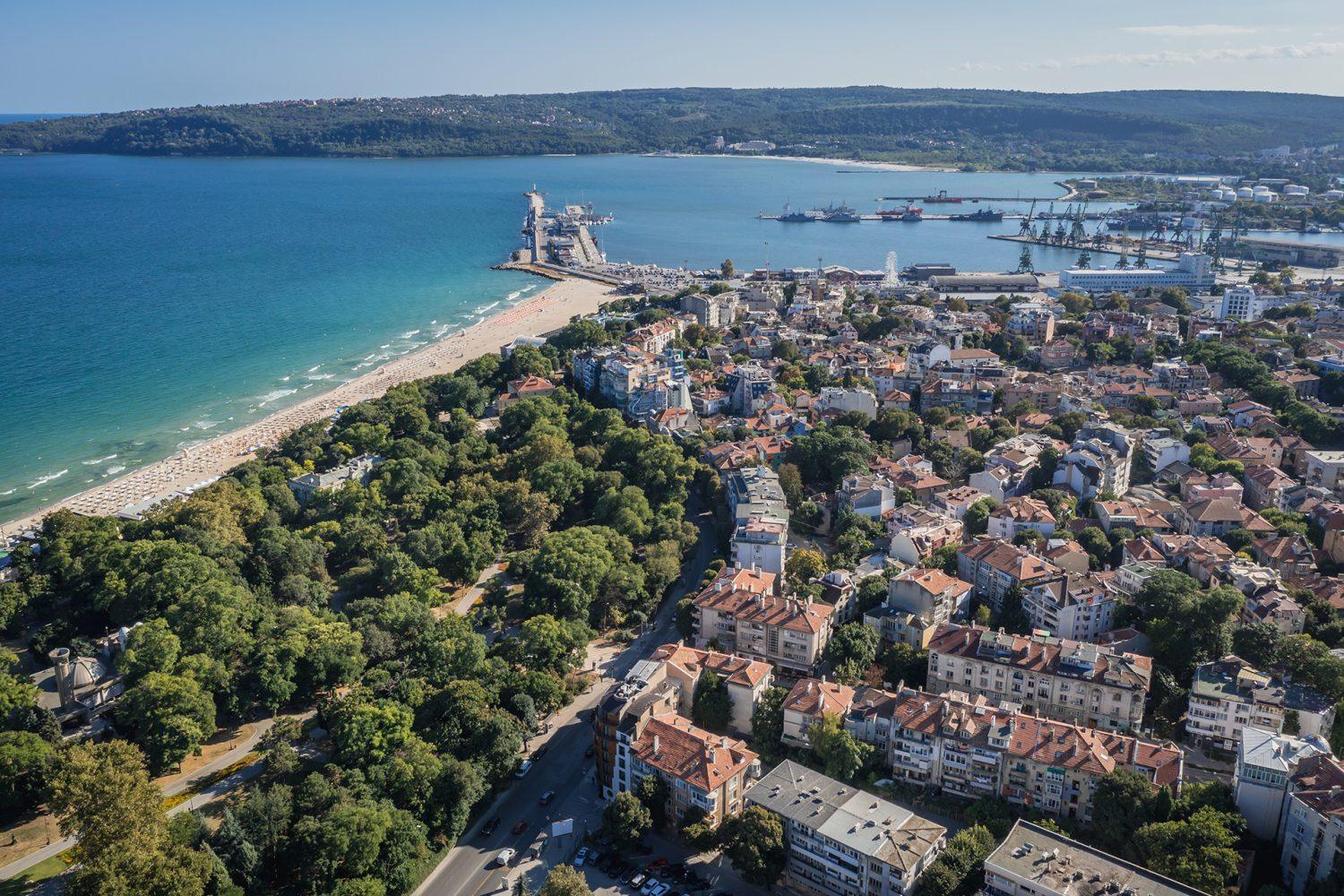

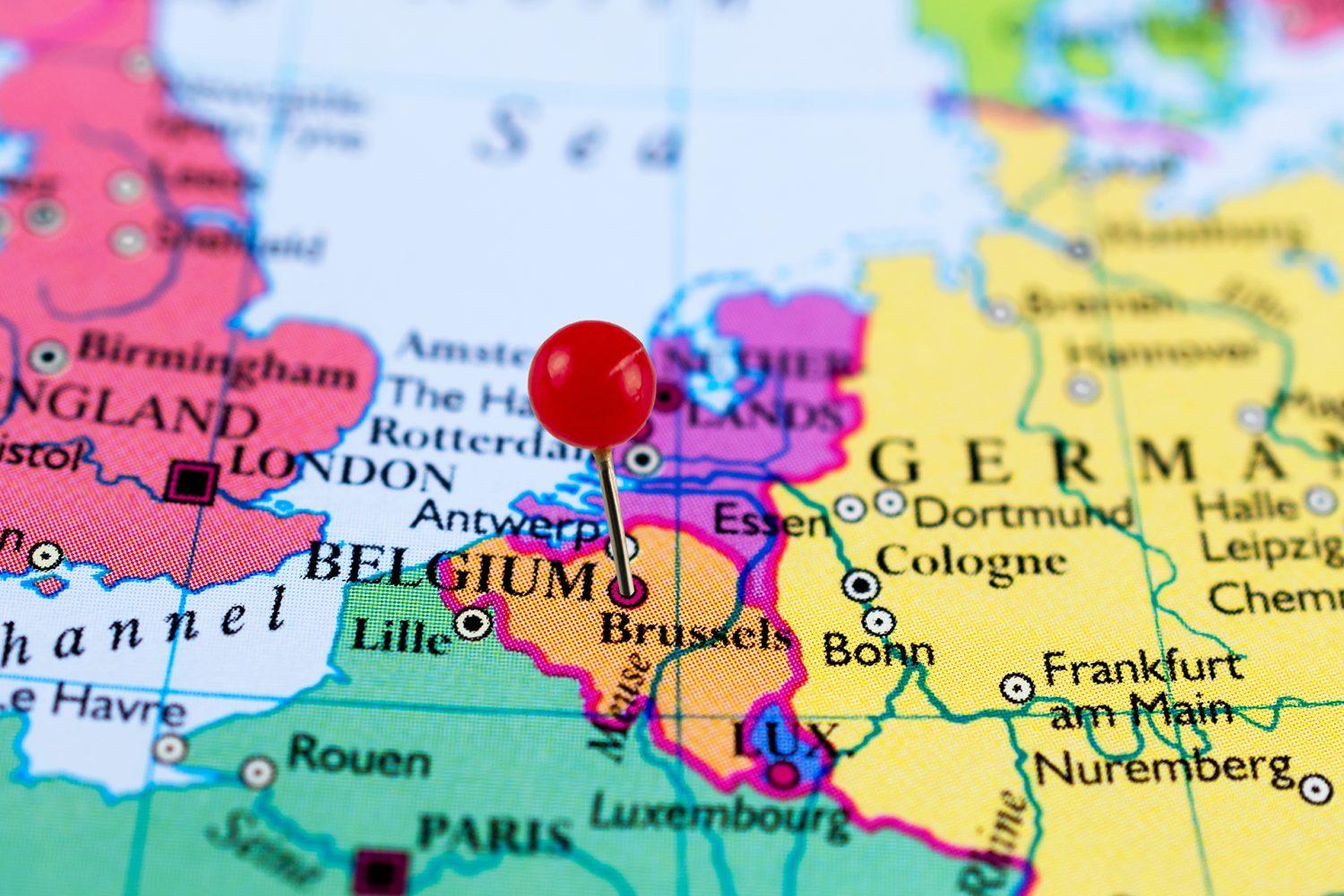
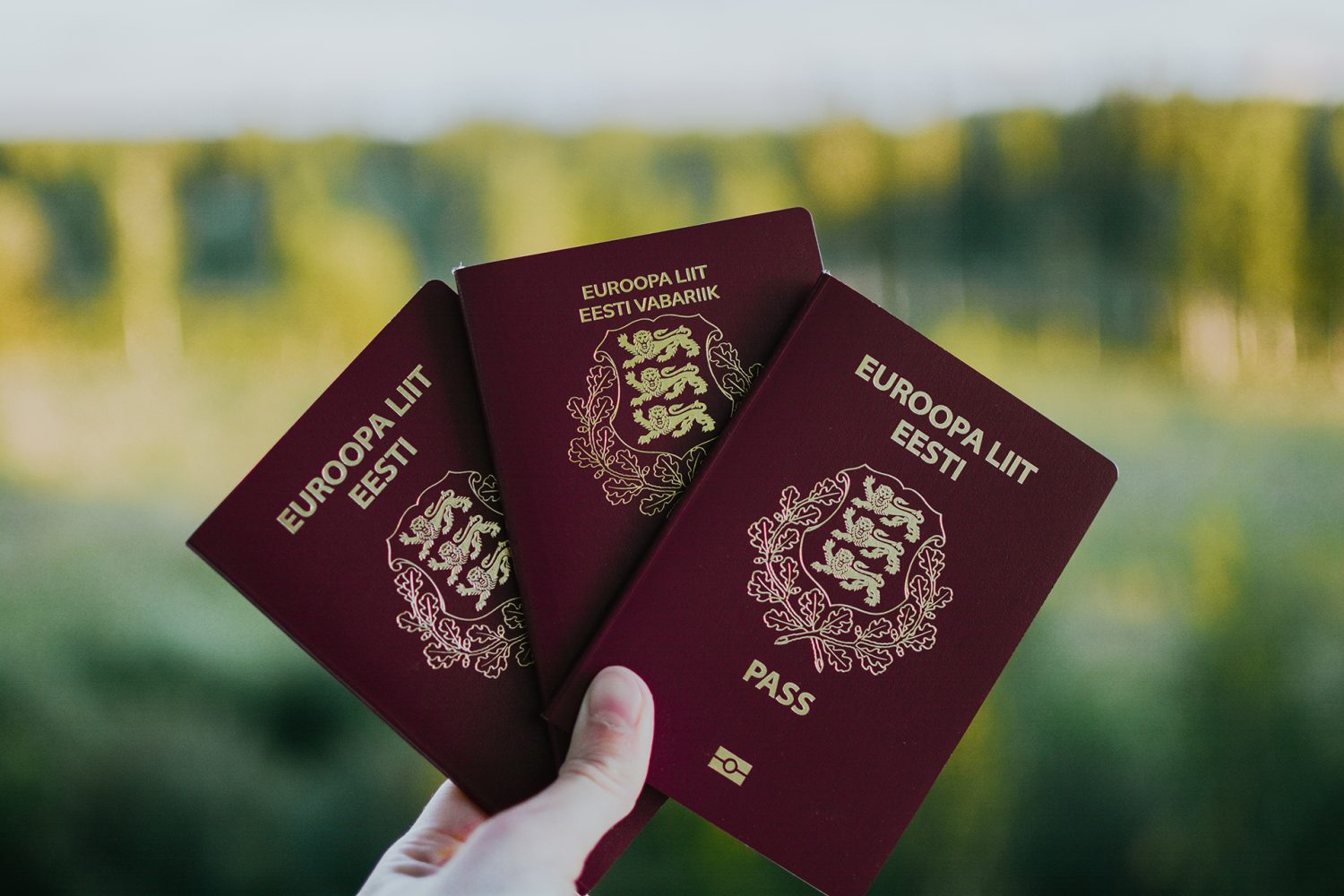
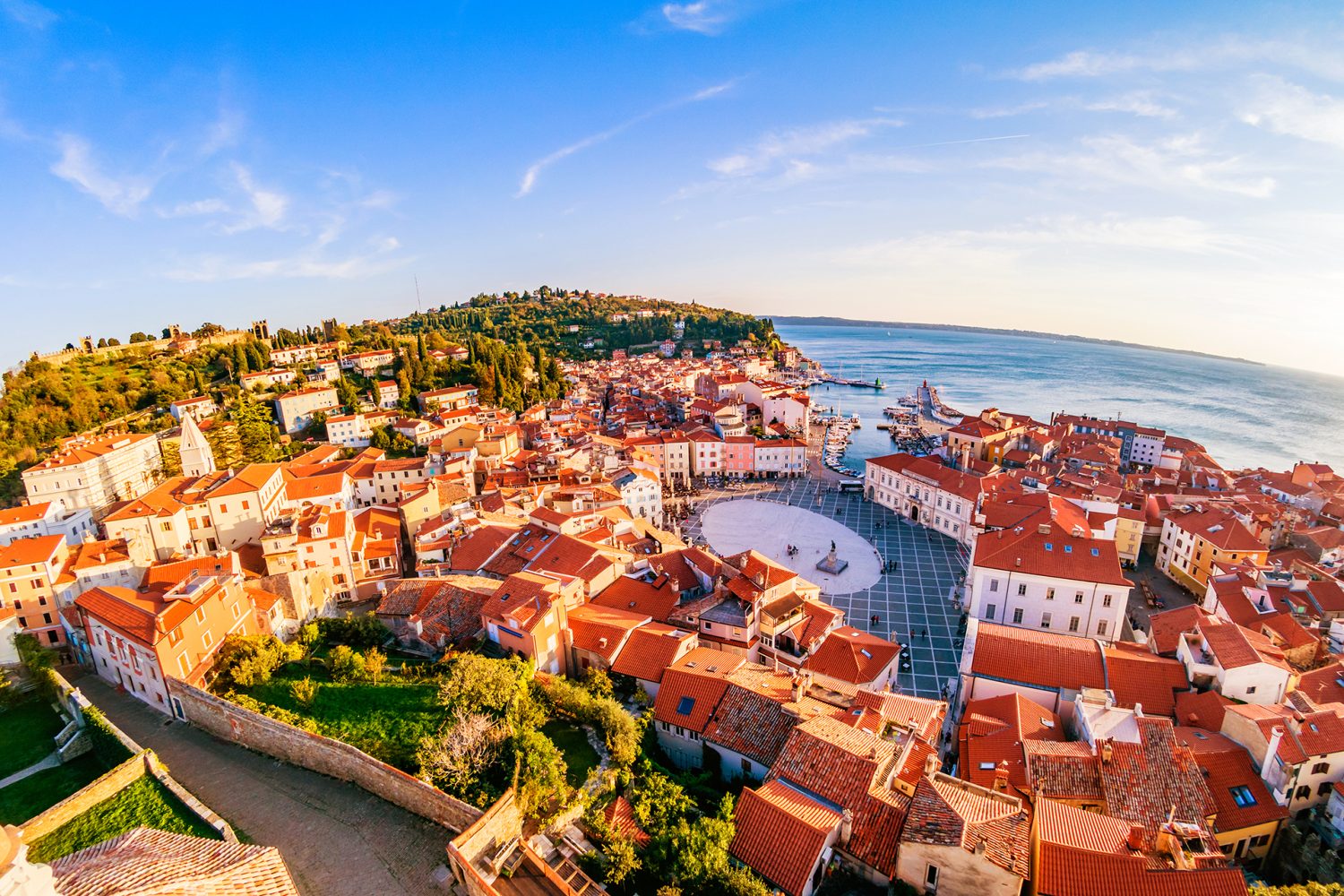
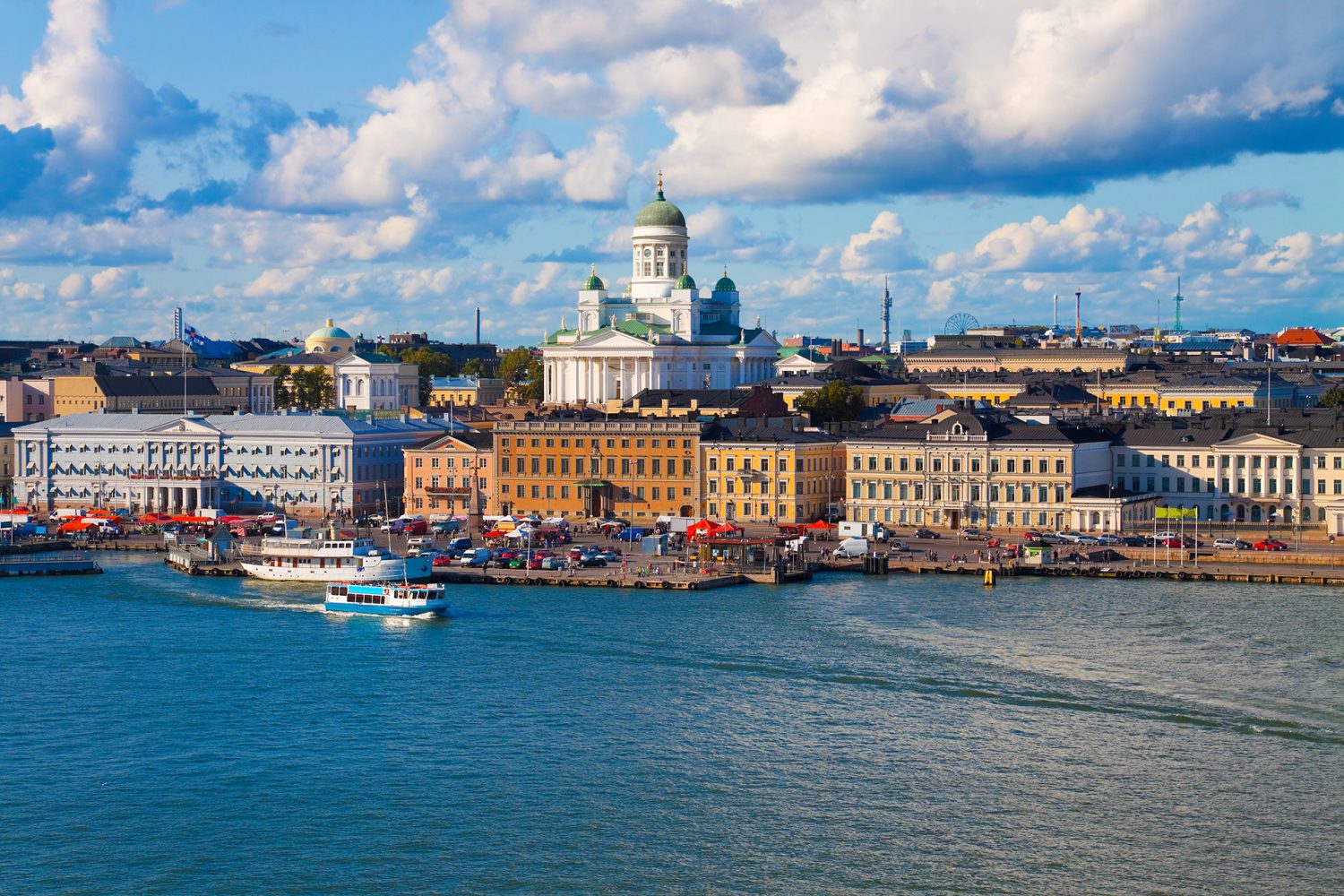
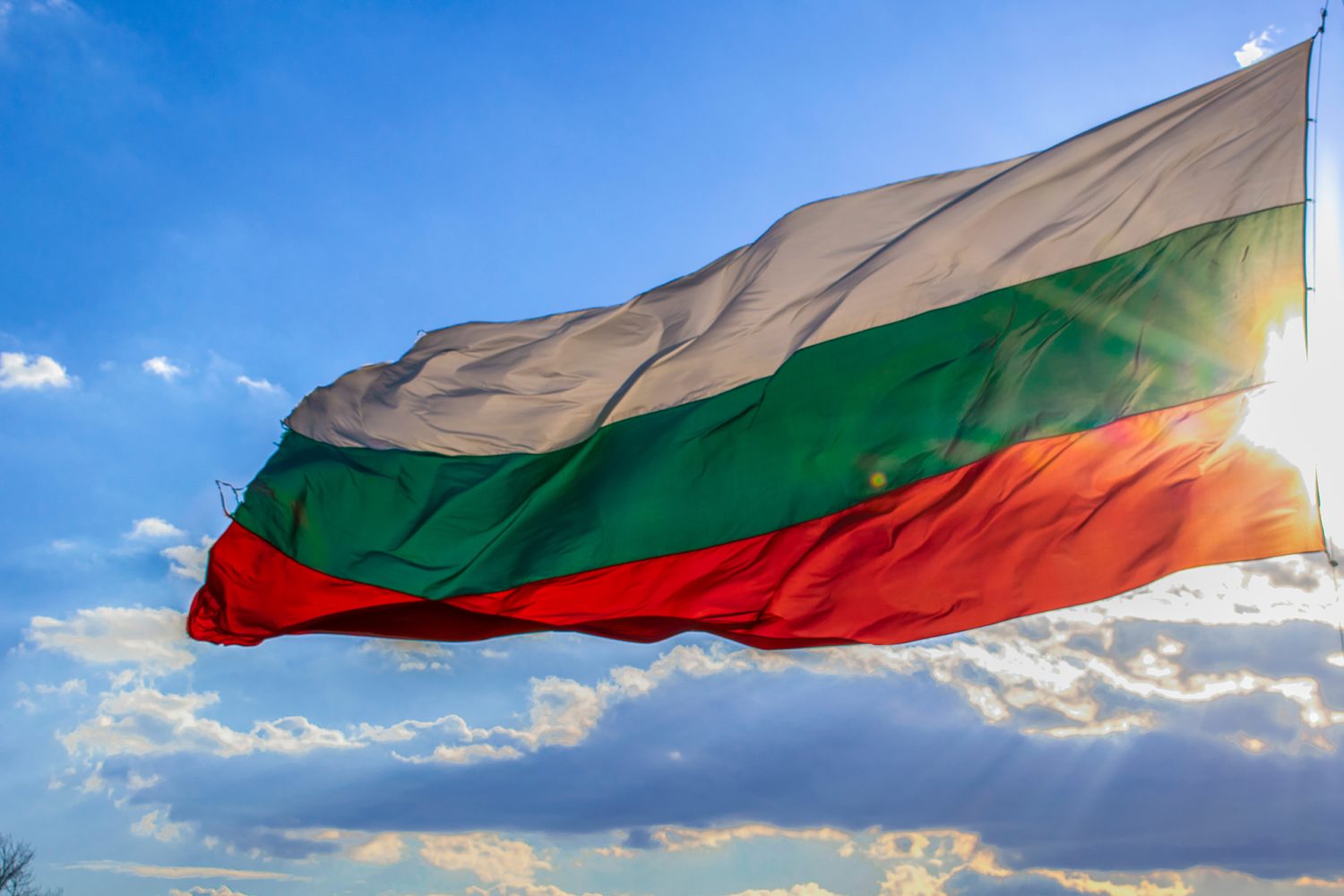
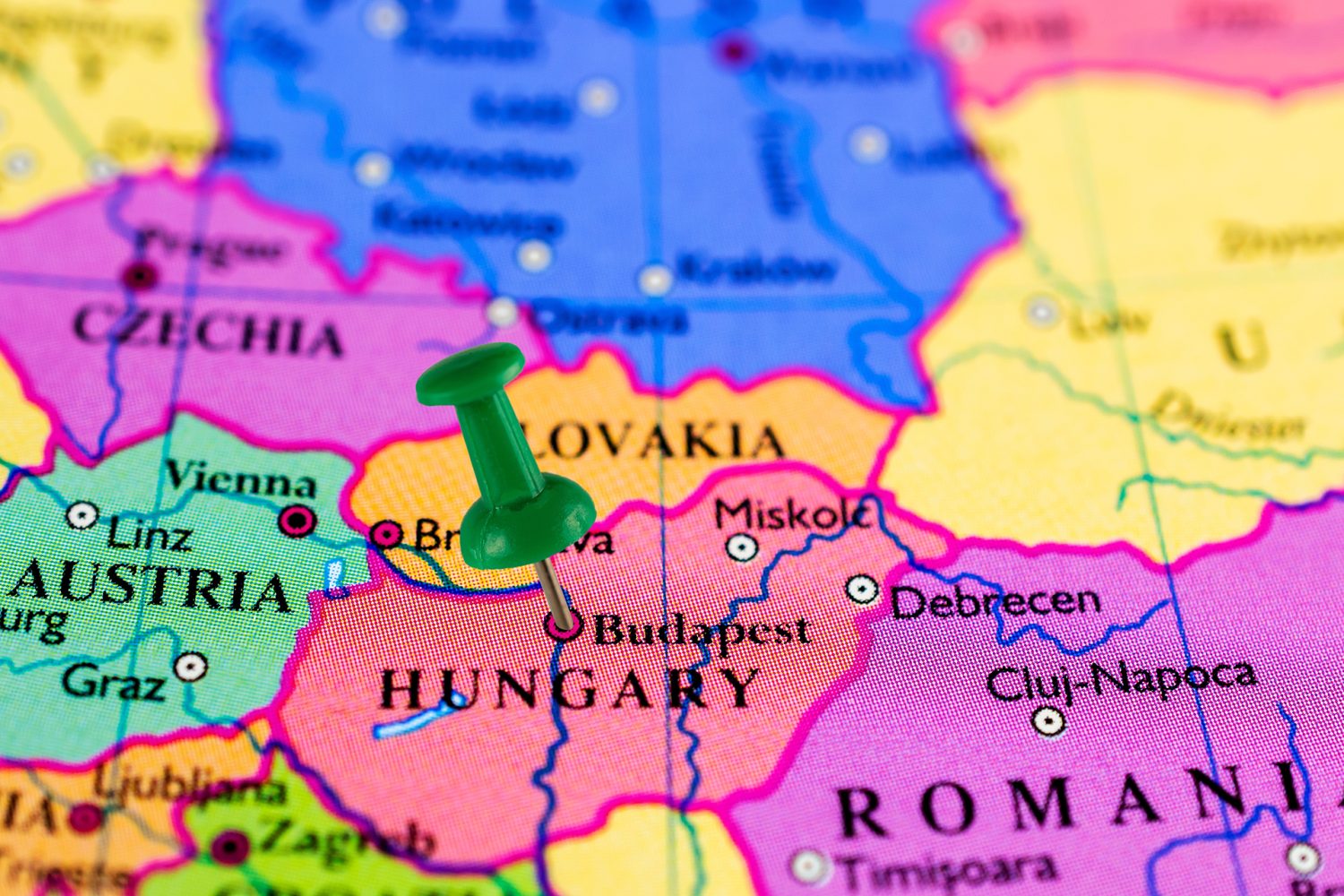

IGO
If I hold permanent residence in Bulgaria, can I leave the country for long periods without risking my status?
Diana Weber
Not always. Permanent residence in Bulgaria can be revoked if the holder stays outside the country for an extended time without valid reasons. Maintaining a real connection to Bulgaria is essential to keep the status.